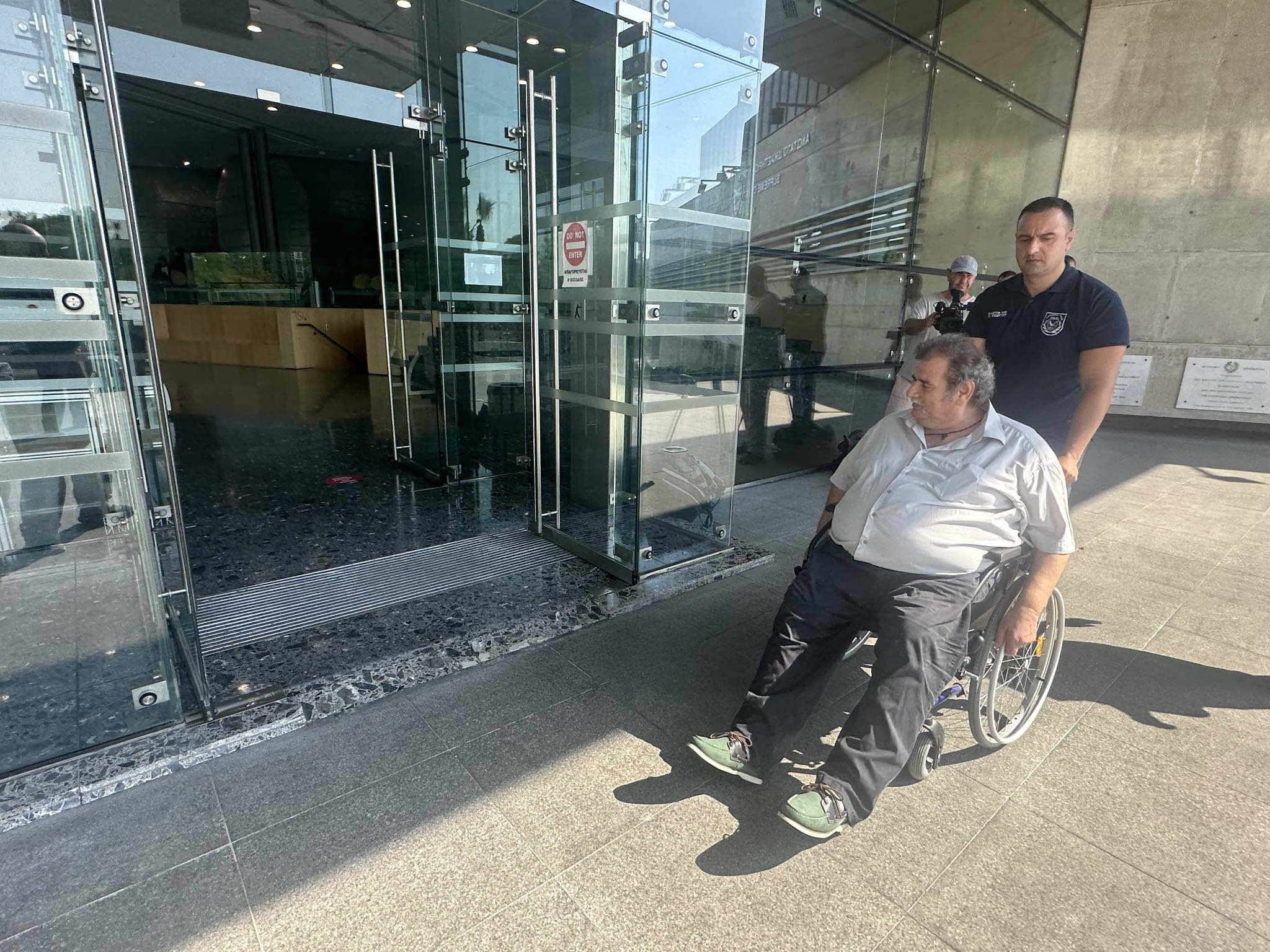The supreme court has rejected the appeal of state forensic pathologist Panicos Stavrianos, reaffirming that the death of 26-year-old national guardsman Thanasis Nicolaou was a criminal act.
The ruling upholds previous findings that Nicolaou was a victim of murder, dismissing any remaining legal challenges to the case.
The appeal sought to overturn a May 2024 inquest ruling that confirmed the cause of death as homicide. Stavrianos had contested the findings and requested a certiorari order to annul the inquest report and its approval by the Limassol district court.
However, the supreme court’s full plenary session dismissed the appeal, marking the final legal decision in the case.
Nicolaou was found dead under suspicious circumstances in 2005, with initial investigations suggesting suicide. His family fought for years to reopen the case, citing inconsistencies and new forensic evidence. A 2021 autopsy revealed signs of strangulation, leading to the conclusion that he was murdered.
The supreme court’s decision confirms the validity of that forensic analysis, closing the door on further legal disputes. It also reinforces the principle that rulings from the court’s full plenary session cannot be appealed.
Legal experts argue this precedent strengthens the judiciary’s authority in handling high-profile cases involving public interest.
The verdict has been met with relief from Nicolaou’s family, who have long insisted on his murder.
“Justice has finally been served,” his mother stated outside the court. Legal analysts suggest the ruling could influence how similar cases are handled in the future, particularly concerning forensic disputes and judicial review processes.
With the case now closed, focus may shift to law enforcement efforts to identify and prosecute those responsible for Nicolaou’s death.






Click here to change your cookie preferences